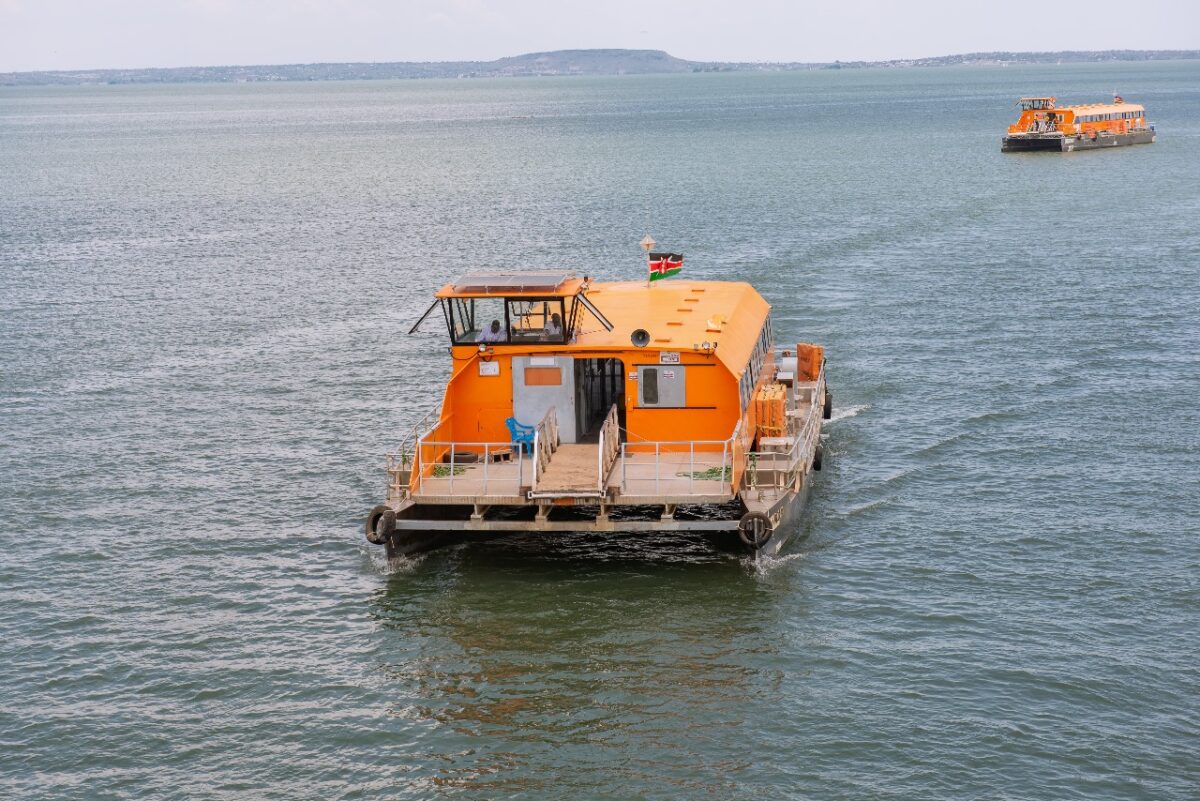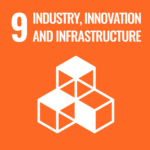Established in Kisumu, Kenya, in 2010, Waterbus is operated by Globology Ltd. The company designs, builds, owns and operates safe and affordable ferries for passengers and light cargo, serving isolated mainland and island communities. Waterbus currently operates a fleet of seven modern catamaran vessels. Demand is growing for more ferries to operate additional routes in Kenya and for new routes to be made available in Tanzania and Uganda. In 2022, PIDG invested to scale the Waterbus offering. With our investment, Waterbus has launched three new, 180-seater vessels, currently operating in Kenya and cross-border into Uganda, and will be deploying into Uganda by the end of 2025.

